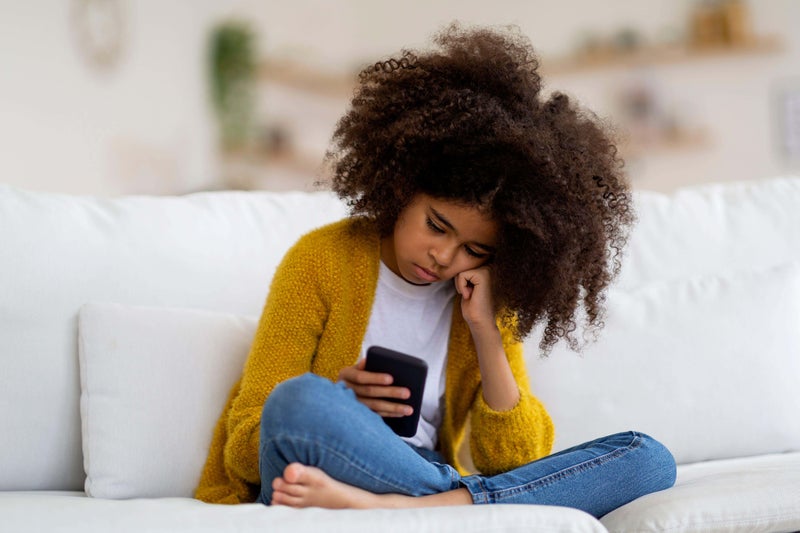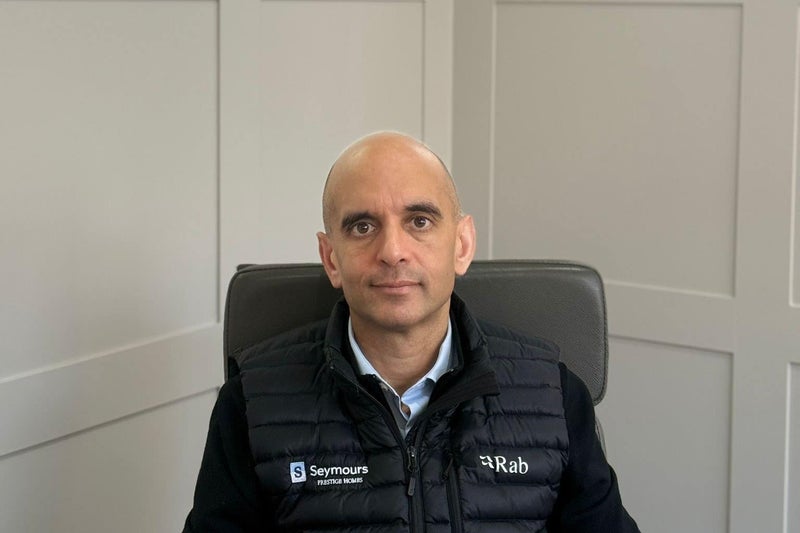The study also found overall 29% of children usually or always use their bed for activities other than sleep, 28% usually or always use screens in bed in the hour before sleep, 30% use screens when not in bed in the hour before sleep, and 11% have caffeine after lunchtime on most days of the week.
Dr Moya Vandeleur, respiratory and sleep paediatrician at the Royal Children’s hospital said setting a regular bedtime, having a dark and quiet sleeping space and building independent sleep, when a child can fall asleep on their own, was all part of practising good sleep hygiene.
Among primary school-age children between five and 12 years of age, 45% had a problem with their sleep pattern, including difficulty getting to sleep, waking overnight, or waking in the morning, compared with 37% of teenagers between 13 and 17 years.
Almost half of school-age children in Australia found to have problems with sleep Among those aged five to 12, 45% had a problem with sleep patterns compared with 37% of those between 13 and 17.
Those habits were more common in children who had difficulty getting to sleep, with those who consume caffeine after lunch most days more than twice as likely to have difficulty getting to sleep.






















